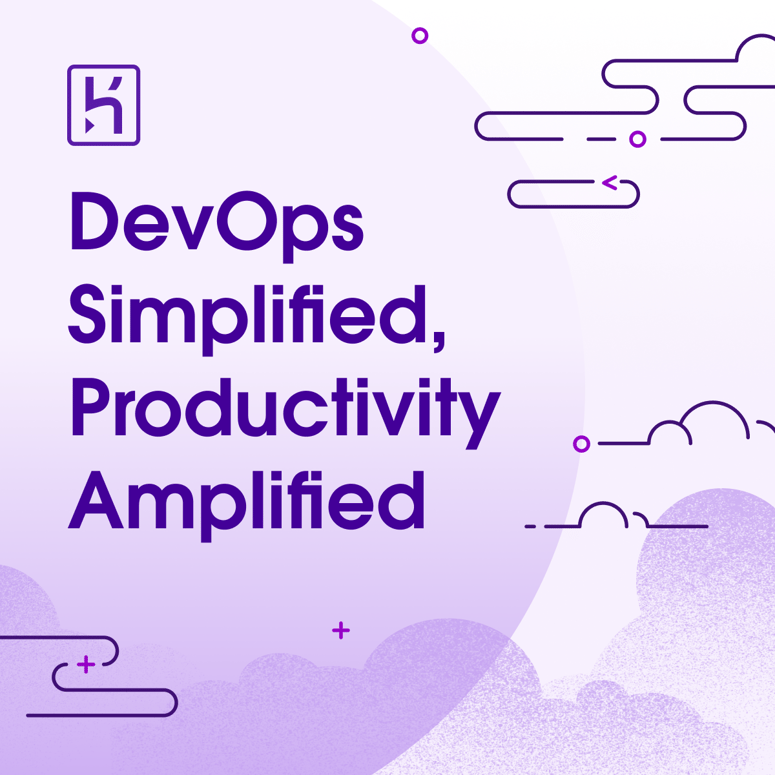Anyone working in IT knows the feeling: the ground is constantly shifting beneath our feet. New cloud services launch weekly, cybersecurity threats evolve daily, development frameworks are updated constantly, and AI is rewriting the rules for almost everything. Staying relevant isn't just recommended; it's essential for survival and growth in this field.
The traditional approach often involved picking one specific certification path or technology (say, CCNA or MCSA), investing heavily in that single course, getting certified, and then... hoping it was the right bet for the next few years. But today, that feels increasingly insufficient.
The Modern IT Pro's Learning Dilemma:
- Breadth vs. Depth: Do you specialize deeply in one area, or do you need a working knowledge across multiple domains (cloud, networking, security, data, scripting)? Increasingly, the answer is "both."
- Vendor Sprawl: Your company might use AWS, Azure, and Google Cloud. You might need skills in Cisco and Juniper. Keeping up with multiple vendor ecosystems is demanding.
- Certification Treadmill: Many valuable certifications require recertification or continuous education credits, adding another layer of ongoing learning requirements.
- Budget Squeeze: Convincing management (or funding yourself) for multiple high-cost courses per year can be a tough sell.
This complex landscape demands a more flexible, continuous, and often more cost-effective approach to skill development. We need access to learning resources when we need them, covering the specific technologies relevant now, without breaking the bank on each individual topic.
This is where the concept of an IT training subscription is gaining serious traction. Think of it like a toolkit for your brain. Instead of buying one specialized wrench (a single course), you get access to a whole toolbox covering a vast array of IT disciplines.
Why is this model resonating in the IT world?
- Mastering the Multi-Cloud: Easily access training for AWS, Azure, GCP, and other platforms as needed, without separate purchases.
- Certification Pathways: Many subscriptions offer courses aligned with popular certs (CompTIA, Microsoft, Cisco, ISC², etc.), allowing you to prepare for multiple exams within one framework.
- Just-in-Time Skills: Need to quickly understand Terraform for a new project? Or brush up on Python scripting for automation? A subscription often lets you dive into specific topics on demand.
- Exploring Emerging Tech: Get introductory or even advanced training on AI/ML, IoT, or specific cybersecurity tools without a massive upfront commitment for each exploratory dive.
- Cost Predictability: For individuals or teams needing regular training, a flat subscription fee can be much easier to budget for and often provides better value than multiple à la carte courses.
Of course, you need the discipline to utilize it, and it's vital to check if the specific courses and labs you need are included. But for IT professionals facing the relentless pace of change, an IT training subscription offers a powerful, adaptable strategy to stay skilled, certified, and ultimately, ahead of the curve.
It’s less about sporadic, big-bang training events and more about integrating learning into the ongoing flow of our IT careers.
What are your go-to strategies for staying current in IT? Share your thoughts below!







Top comments (0)